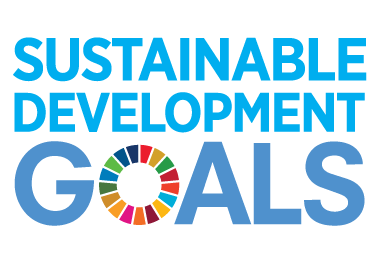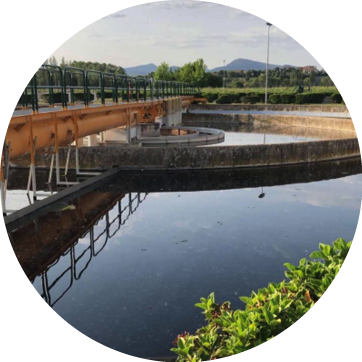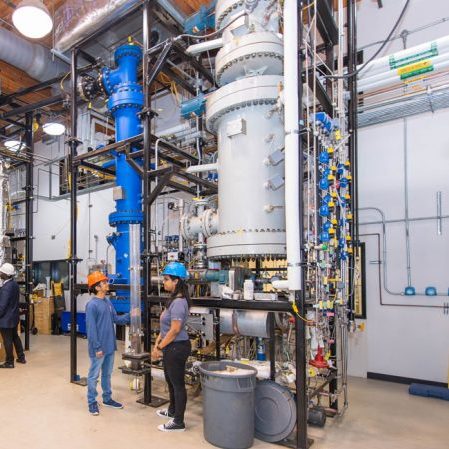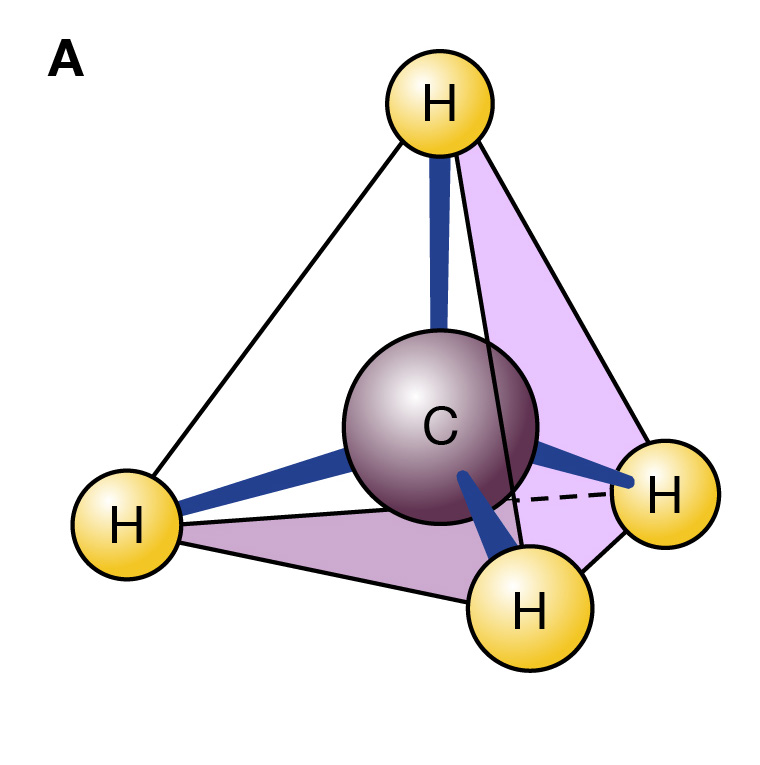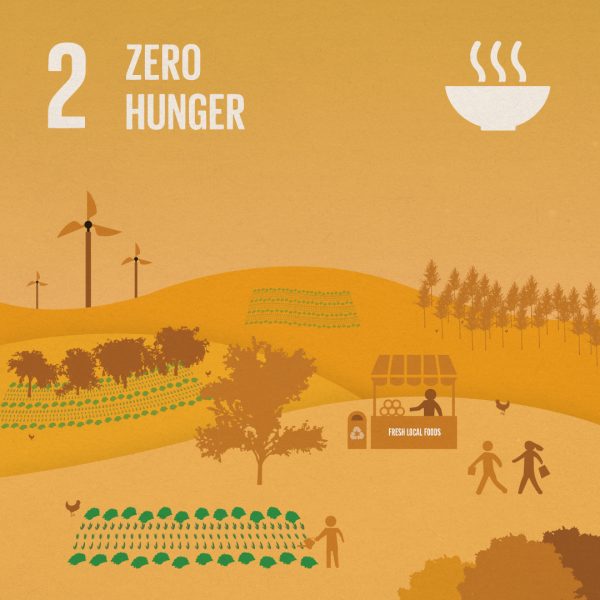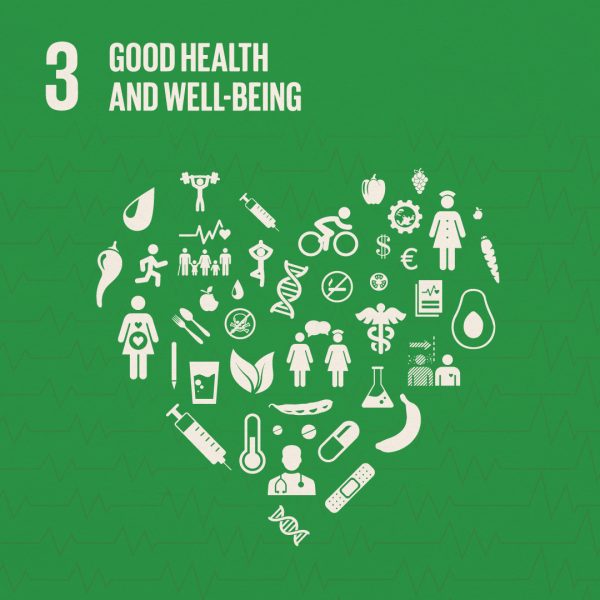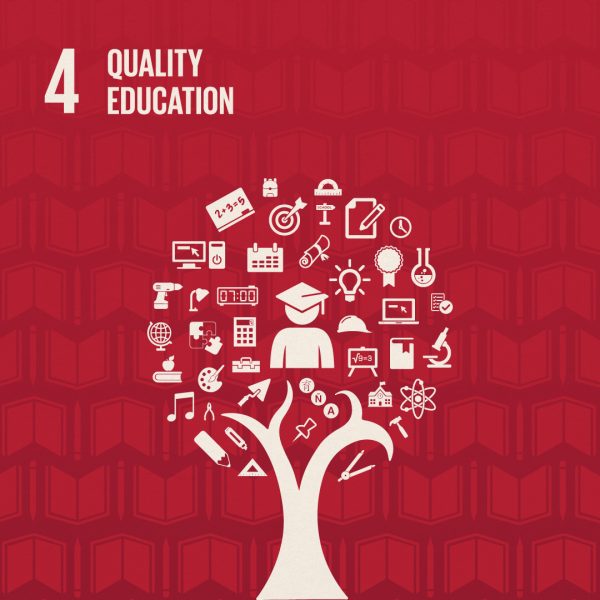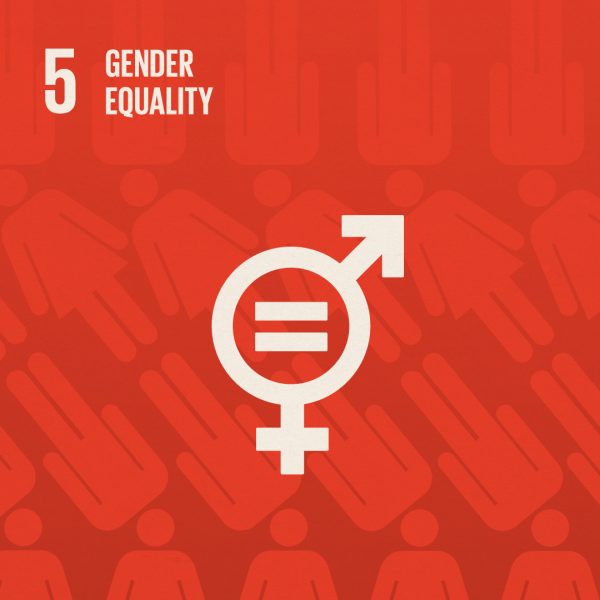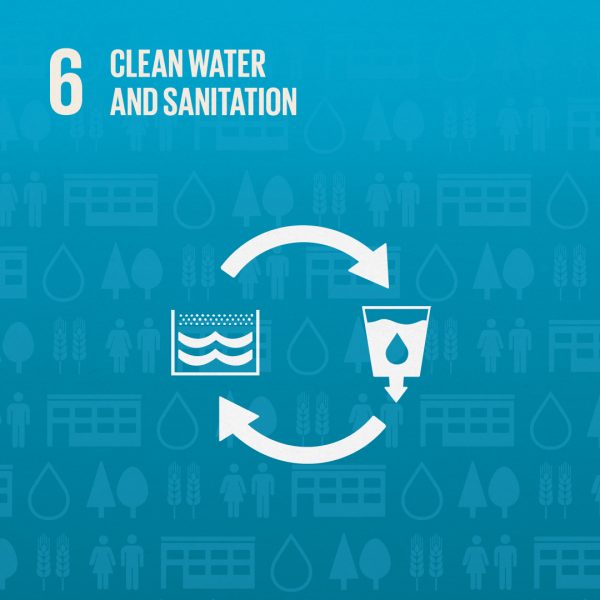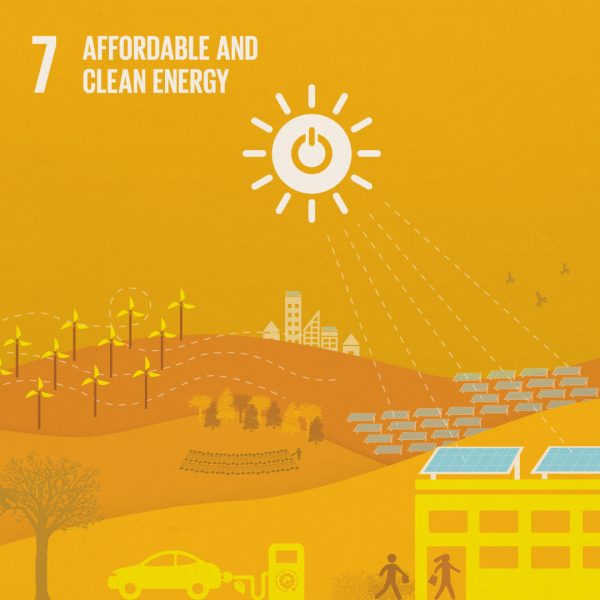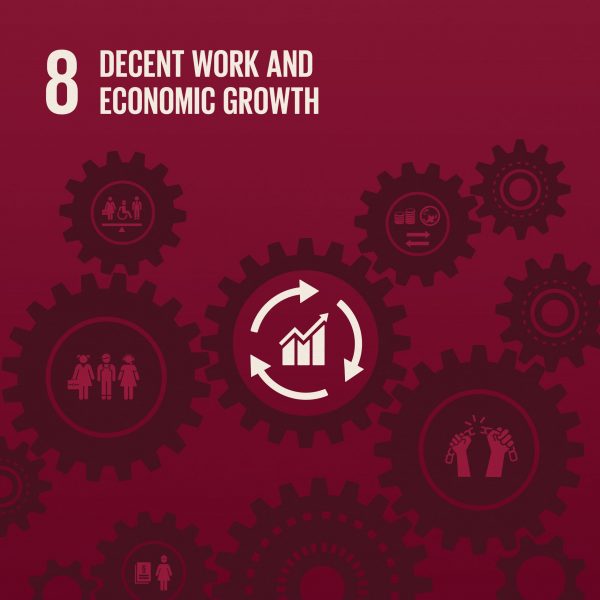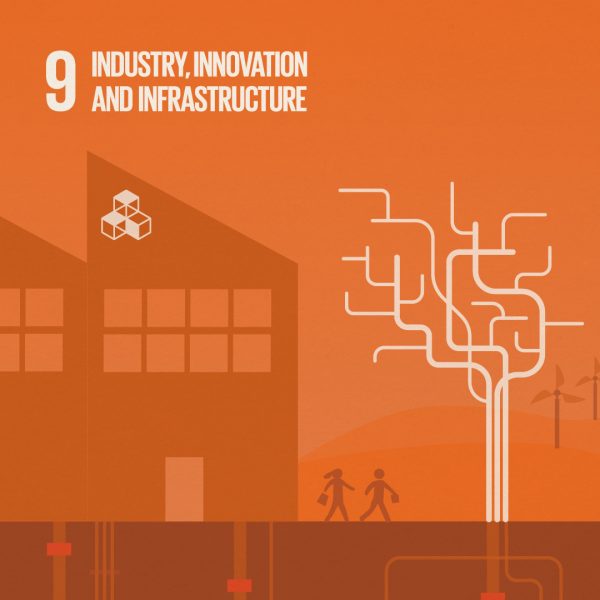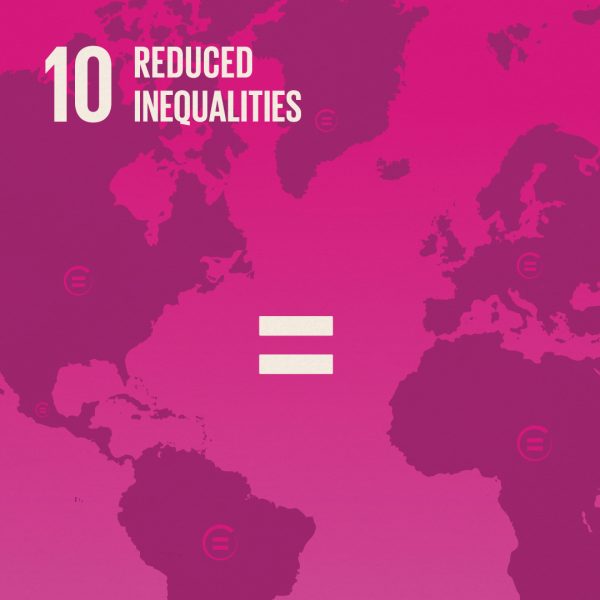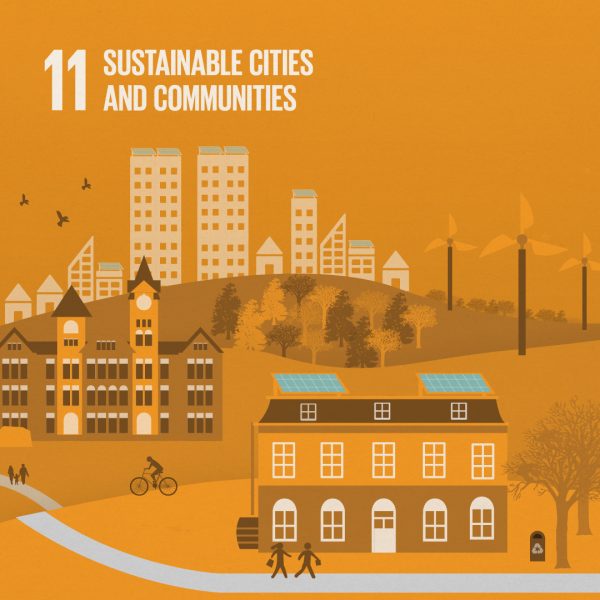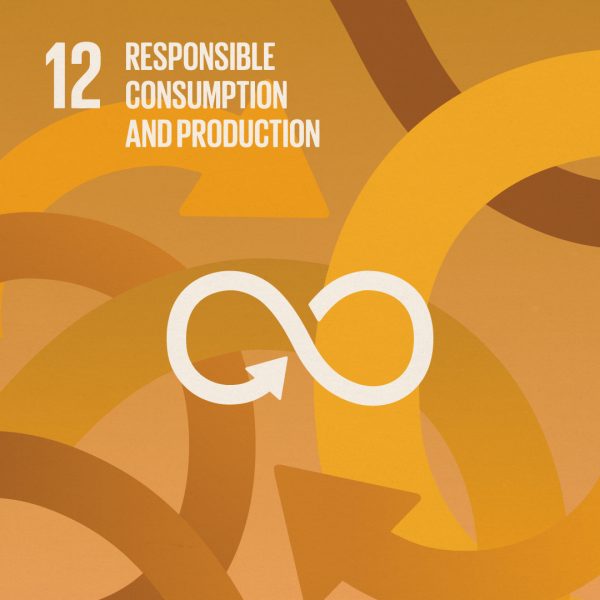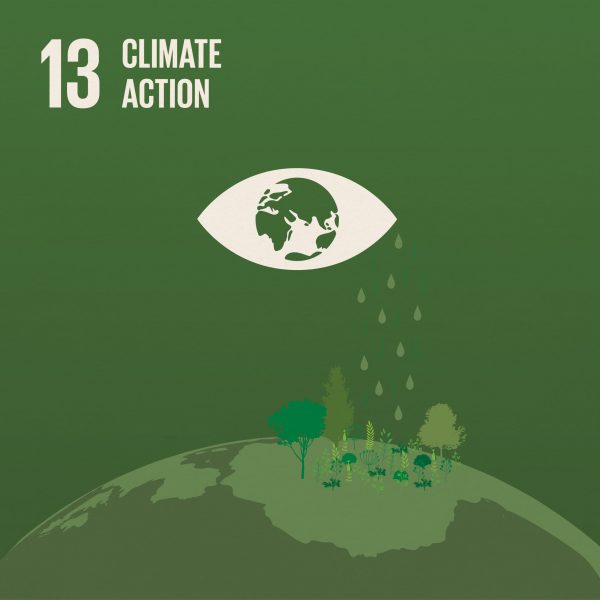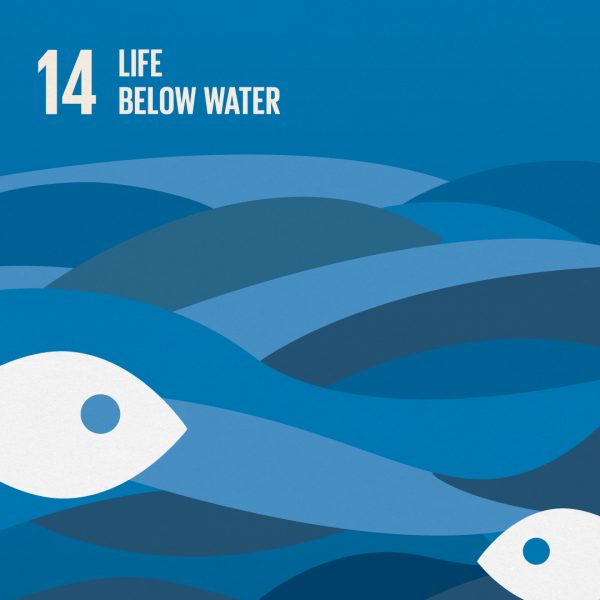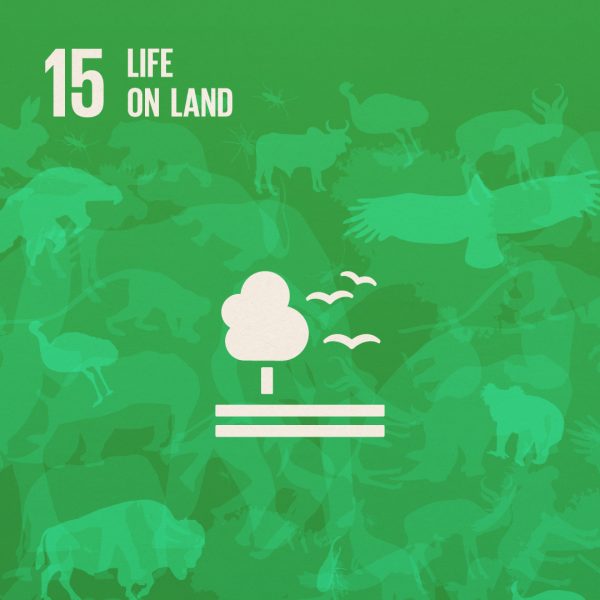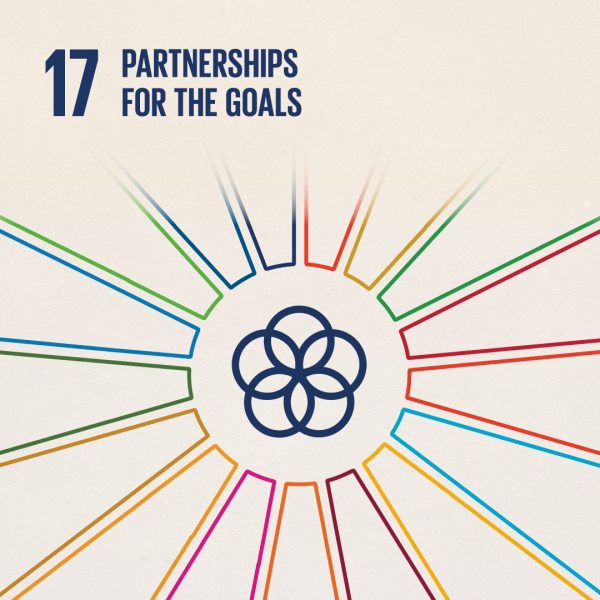by Yarianna Rangel, Communications Specialist The Auburn University Office of Sustainability, and cosponsor the Alabama Clean Fuels Coalition, successfully held an Electric Vehicle Showcase on October 2, 2024, featuring a variety of electric vehicles! New vehicles this year included three trucks: the Tesla Cyber Truck, Rivian Truck, and a Ford…
By Hannah Schwartz Universities play a pivotal role in shaping the future, not just through education but also by setting an example of responsible stewardship. Saving energy isn't just about cutting costs; it's about society, wellbeing, and environmental impact. By implementing energy-saving measures, universities demonstrate commitment to mitigating climate change…
By Bella Wright Building and innovation are pivotal to advancing society. However, how we build can have significant impacts on our planet and our future. To ensure the health and well-being of our planet, it is important to practice sustainable building of infrastructure and sustainable operations management. The STARS* assessment…
By Xinyu Zhang* Functional nanocomposites are composed with different combinations from a large selection of nanomaterials, such as nanocarbons, metal oxides/chalcogenides, carbides, phosphides, polymers, etc., which possess superior mechanical, thermal and electrical properties, leading to broad applications in smart structures, chemical sensors, energy storage and nano-electronic devices. However, the high…
By Patricia Barnes* Auburn University’s Electric Vehicle Showcase had a wonderful turn out on September 22nd, 2023. The event kicked off on a beautiful evening, showcasing 18 different electric vehicles (EVs). From the iconic Tesla to the new Ford F150 Lightning pickup truck, to motorbikes and cycle bikes, a wide…

